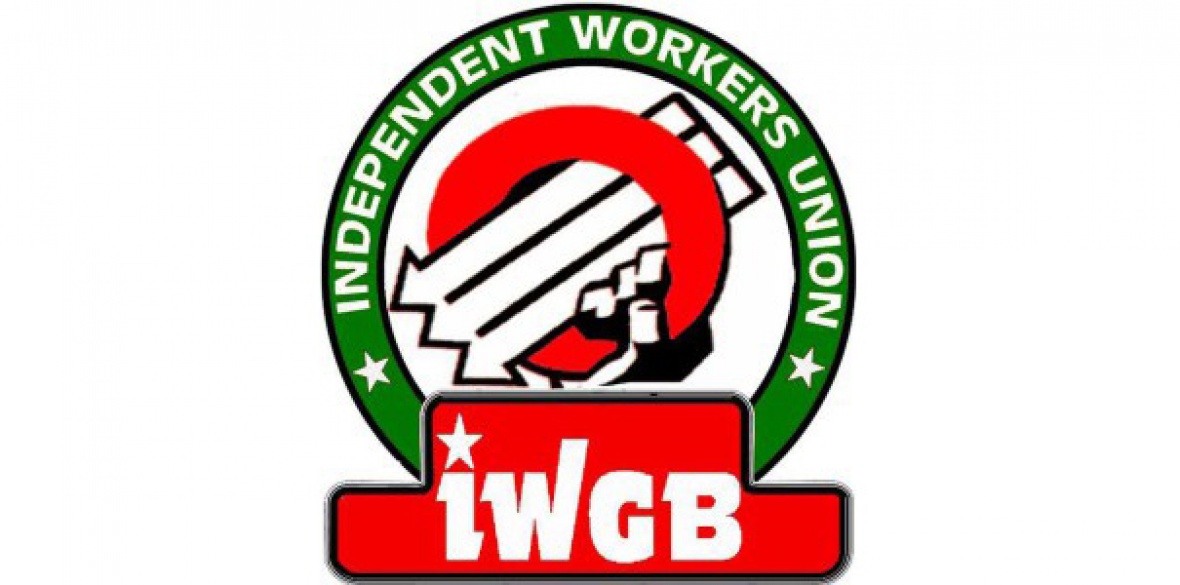This is the last article you can read this month
You can read more article this month
You can read more articles this month
Sorry your limit is up for this month
Reset on:
Please help support the Morning Star by subscribing here
THE Independent Workers of Great Britain (IWGB) was granted a judicial review yesterday of the Central Arbitration Committee’s (CAC) refusal to hear a recognition application by workers at the University of London.
The High Court granted the review in pursuit of a case that could extend the rights of millions of outsourced workers.
The case involves a group of workers at the university, including security guards and receptionists, who want the union to be recognised for collective bargaining.
The CAC — the government body that oversees the regulation of law relating to union recognition and collective bargaining — decided last year not to hear the group’s application for union recognition.
But the IWGB argued at the High Court that denying the workers the right to collectively bargain is a breach of Article 11 of the European Convention on Human Rights.
The union says that the judicial review could open the door for 3.3 million outsourced workers in Britain to negotiate directly with their de facto employer.
The High Court ruled that the University of London, Cordant Security and the government’s Business Department could take part in the review as interested parties.
IWGB president Henry Chango Lopez said: “The fact that vast swathes of the establishment, including the government, are joining forces to try and defeat our challenge is further proof of its importance.
“As a former University of London outsourced worker, I am keenly aware of the truth behind the fiction of outsourcing.
“It is no more and no less than a way to deny workers their rights and it is about time we cleaned it up.”
The union has launched a crowdfunding appeal to cover potential legal liabilities it says could reach hundreds of thousands of pounds.
Legal firm the Good Law Project is backing the funding campaign and has pledged an initial £5,000.
Project founder Jolyon Maugham QC said: “There are many ways bad employers dodge the cost of workers’ rights and outsourcing can be one of them.
“The treatment of workers with modest bargaining power and little influence can be hidden from view, but it shouldn’t be hidden from the law through the use of faceless outsourcing companies.
“I’m proud to be supporting this case that will ensure that domestic law protects the human rights of some of the most vulnerable workers in the UK.”










